Weekly Newsletter
Curated articles every weekApplied Sports Science Weekly Digest #393
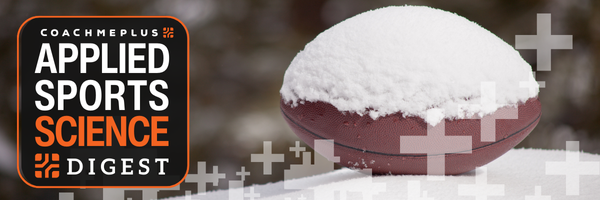
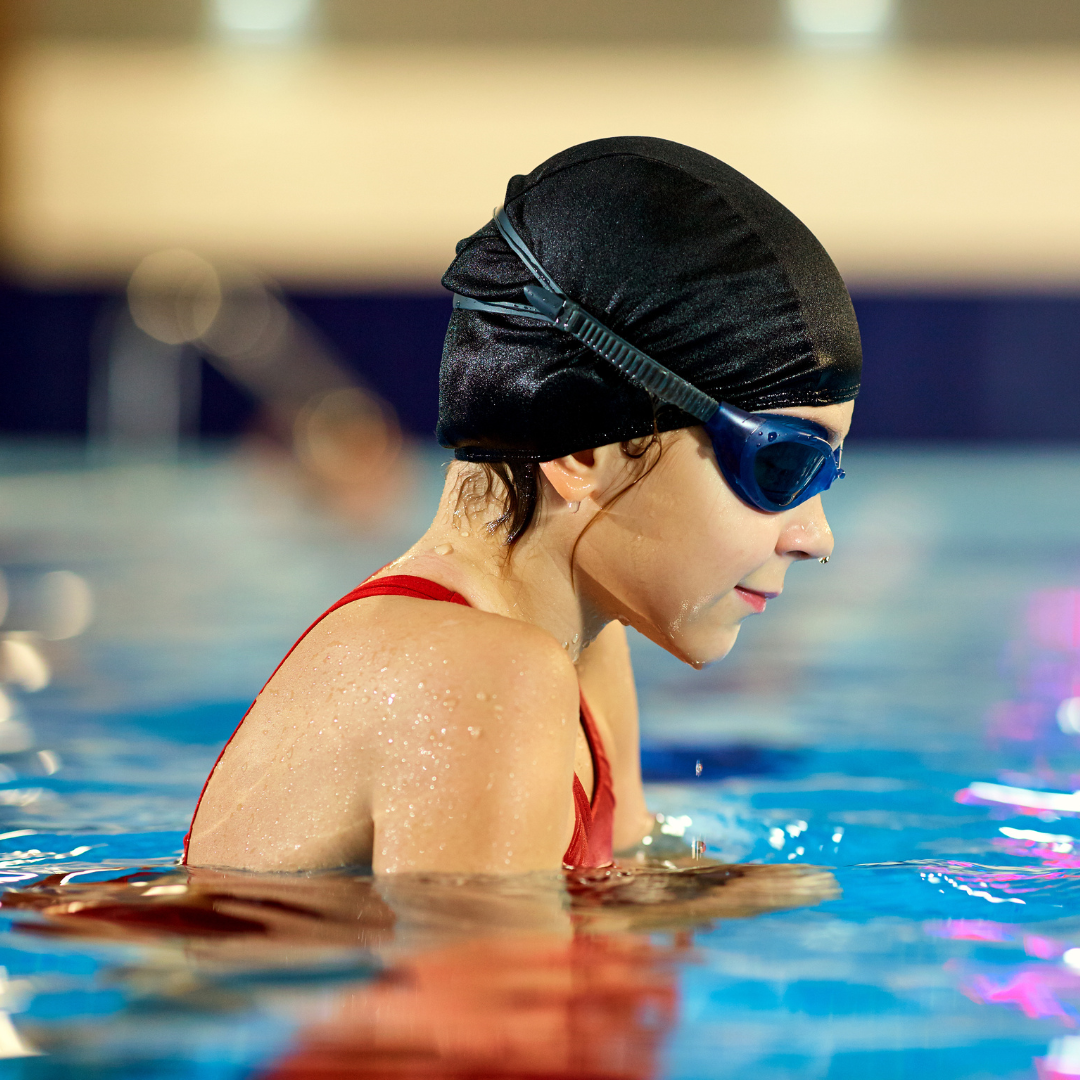
Frontiers in Sports and Active Living | March 2025
A survival analysis of dropout among French swimmers
“This study underscores the significant influence of sex, relative age, and performance level on dropout rates among French swimmers.“

Frontiers in Sports and Active Living | March 2025
Effects of repeated use of post-exercise infrared sauna on neuromuscular performance and muscle hypertrophy
“Incorporating post-exercise IRS bathing does not significantly impact hypertrophy gains, but might boost long-term power production capabilities.“
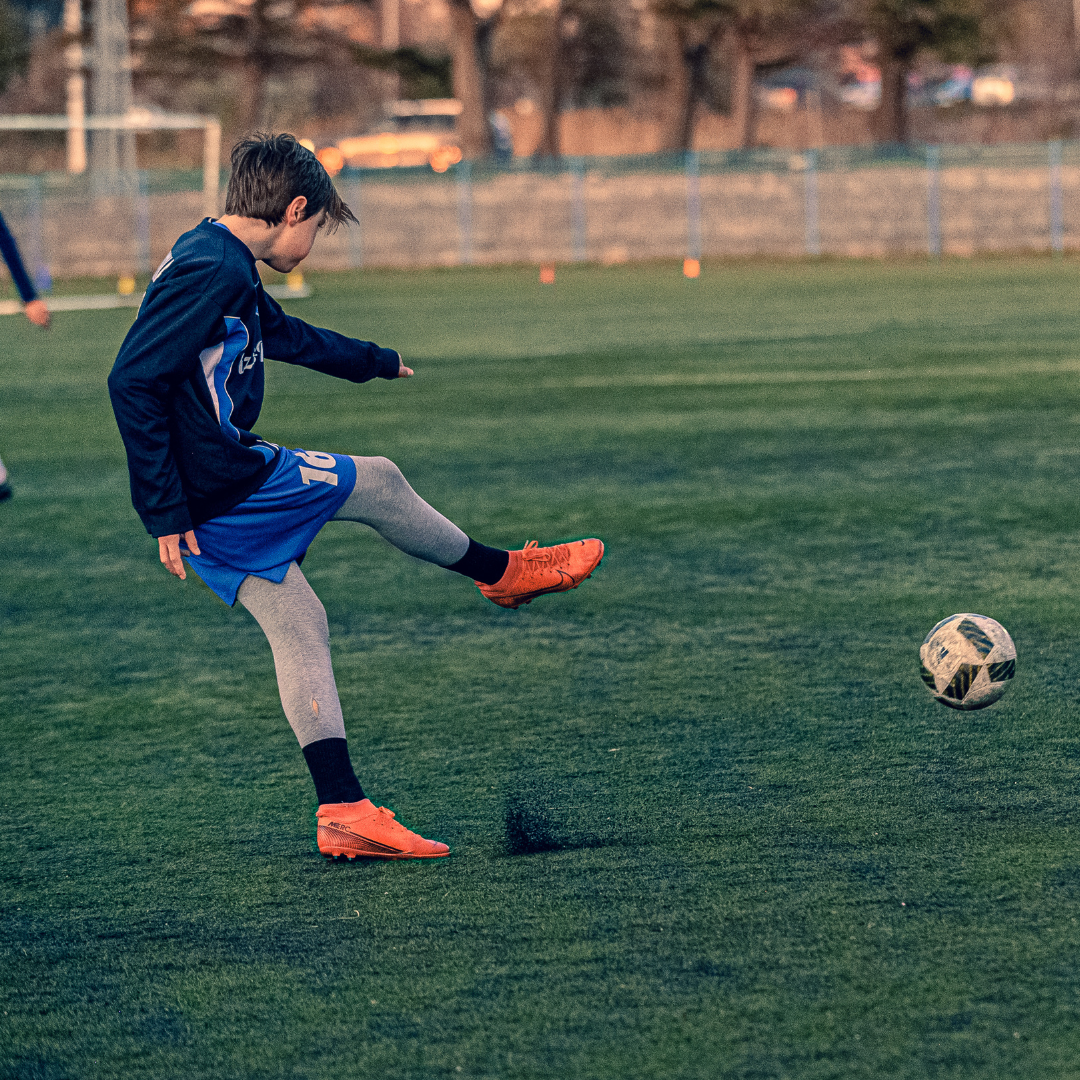
Frontiers in Sports and Active Living | March 2025
Relative Age Effects and contextual factors in male Spanish youth football: a 10-year cross sectional analysis of U12 to U16 players
“Individual and environmental factors, such as advanced maturity status, the intensified selection processes at higher competitive levels, an increased physical performance and higher coaches’ efficacy expectations, may contribute to RAEs in a complex and interdependent manner.”
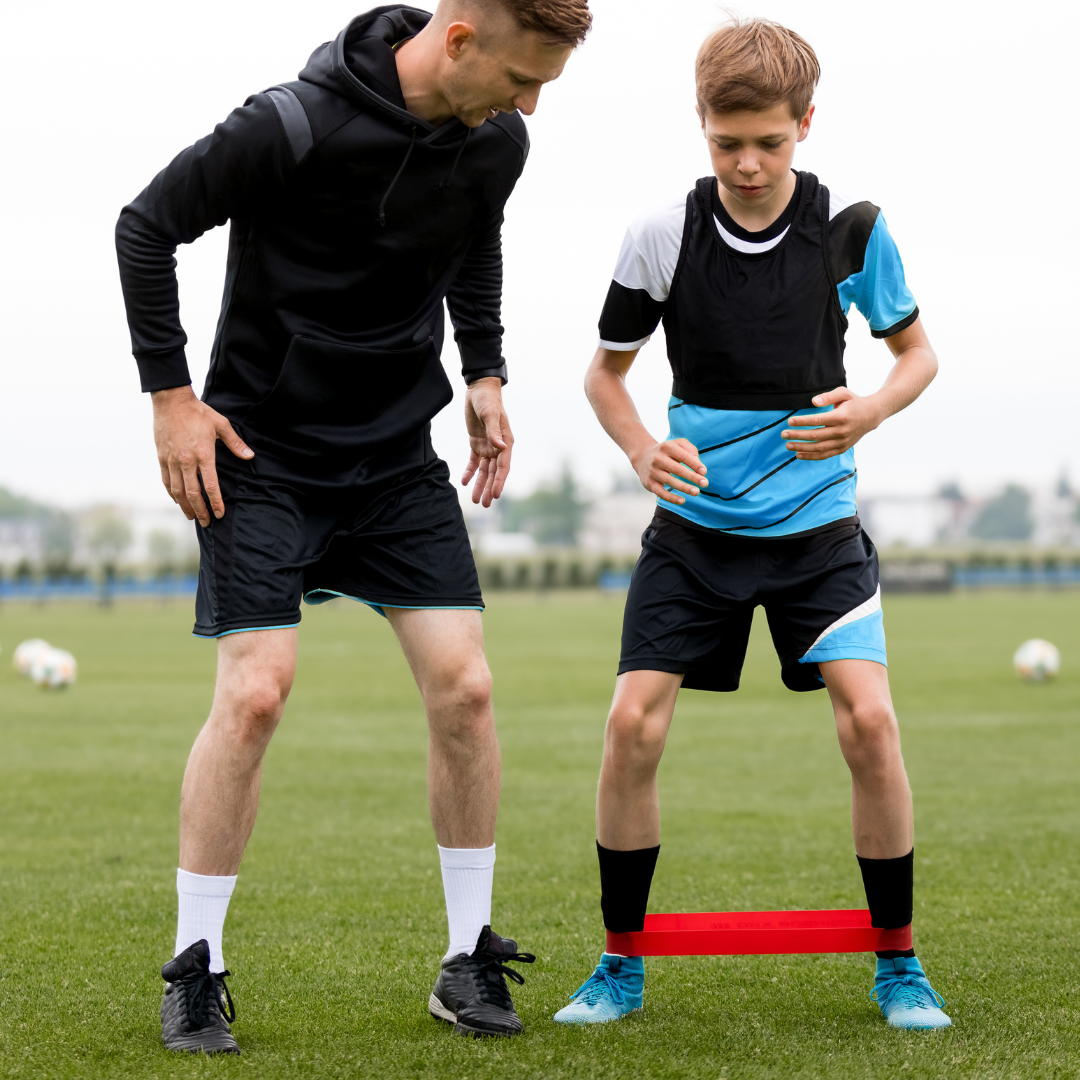
Frontiers in Sports and Active Living | March 2025
Effects of coaches’ feedback on psychological outcomes in youth football: an intervention study
“This study introduces a unique and novel intervention approach focusing on the effects of feedback.“
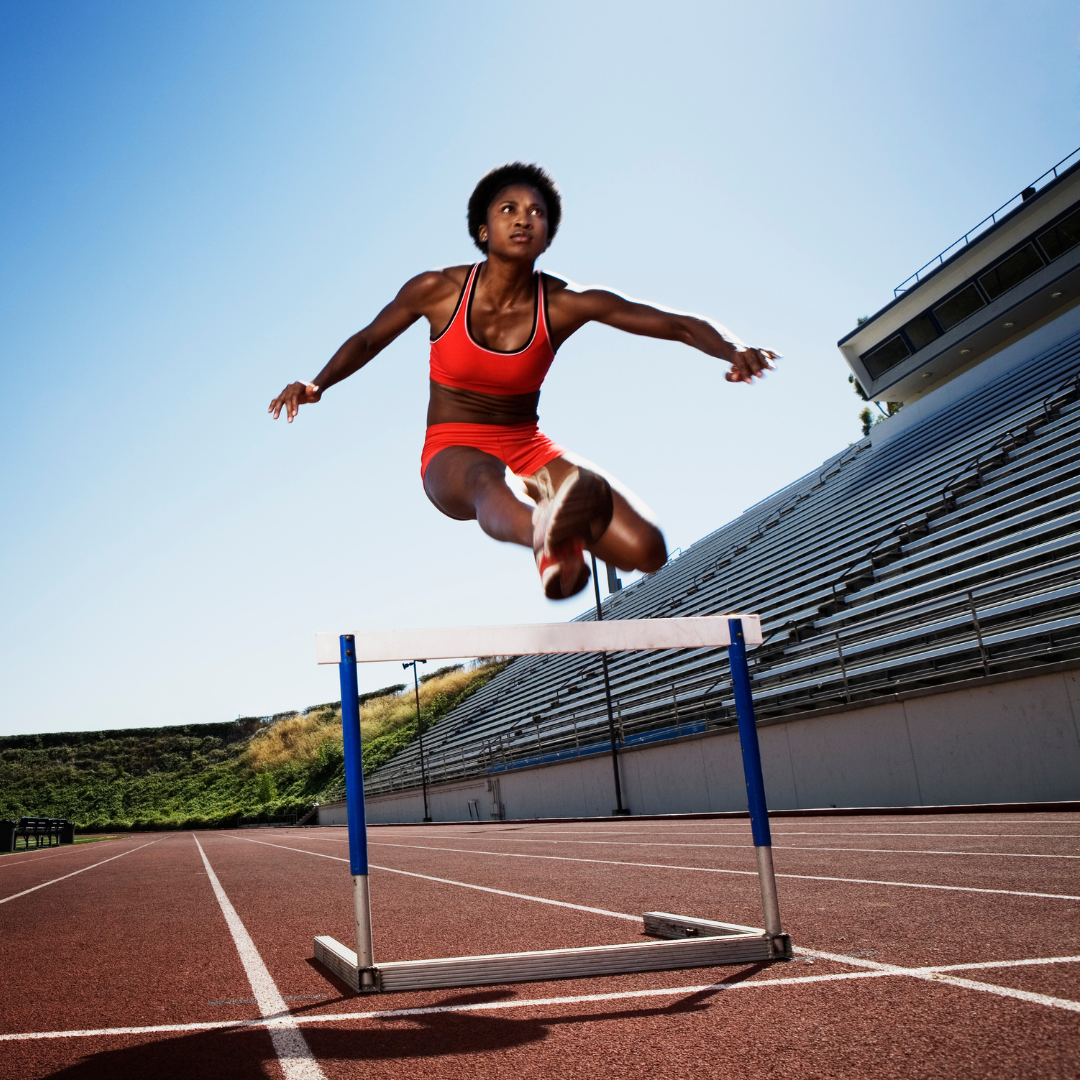
Frontiers in Sports and Active Living | March 2025
Changes in stride pattern of elite women’s 400 metres hurdles from 2019 to 2022: an analysis by performance level
“The main objective of this study was to investigate the stride patterns of elite women’s 400 m hurdles which have undergone significant evolution in recent years, resulting in a complete change in the stride patterns of the athletes.“
Newsletter History
Applied Sports Science Weekly Digest #393
Frontiers in Sports and Active Living | March 2025A survival analysis of dropout among French swimmers "This study underscores the significant influence of sex, relative age, and performance level on dropout rates among French swimmers."Frontiers in Sports and Active...
Applied Sports Science Weekly Digest #392
Frontiers in Sports and Active Living | February 2025Power in the flow: how menstrual experiences shape women's strength training performance "The results also stress that performance fluctuations across the MC are unique, further emphasizing the inability to...
Applied Sports Science Weekly Digest #389
Frontiers in Sports and Active Living | January 2025Prediction of football injuries using GPS-based data in Iranian professional football players: a machine learning approach "The results showed that the variable of the number of decelerations had the highest...
Research Articles
Suggested articles for further readingBODY COMPOSITION
Jackson, A and Pollock, M. Generalized equations for predicting body density of men. British Journal of Nutrition. 1978;40:497-504. Abstract
Siri, W. Body composition from fluid space and density. Brozek & A. Hanschel (Eds.), Techniques for measuring body composition. 1961;223-244. Abstract
Brozek, J, Grande, F, Anderson, J, and Keys, A. Densitometric analysis of body composition: Revision of some quantitative assumptions. Annals of the New York Academy of Sciences. 1963;110:113-140. Abstract
INJURY PREVENTION IN YOUTH ATHLETES
Chu, D., A. Faigenbaum, and J. Falkel. Progressive Polymetrics for Kids. Monterey, CA: Healthy Learning. 2006
Hewett, T. G. Myer, and K. Ford. Reducing knee and anterior cruciate ligament injuries among female athletes. J Knee Surg 18:82-88. 2005.
Micheli, L. Preventing injuries in sports: What the team physician needs to know. In: F.I.M.S. Team Physician Manual, 2nd ed., K. Chan, L. Micheli, A. Smith, C. Rolf, N. Bachl, W. Frontera, and T. Alenabi, eds. Hong Kong: CD Concept. 2006. pp. 555-572.
RPE (RATING OF PERCEIVED EXERTION)
Pandolf, K, Billings, D, Drolet, L, Pimental, N, and Sawka, M. Differentiated ratings of perceived exertion and various physiological responses during prolonged upper and lower body exercise. European Journal of Applied Physiology and Occupational Physiology. 1984;53:5-11. Abstract
Baden, D, McLean, T, Tucker, R, Noakes, T, and St Clair Gibson, A. Effect of anticipation during unknown or unexpected exercise duration on rating of perceived exertion, affect, and physiological function. J Sports Med. 2005;39:742-746. Abstract
SLEEP
For a more thorough list about sleep, check out Fatigue Science’s extensive research page.
Russel, C., PhD, J.A., PhD, Arand, D., PhD, Myers, L.J., PhD, Wubbels, P., BS, and Downs, H., PhD. Validation of the Fatigue Science Readiband™ Actigraph and Associated Sleep/Wake Classification Algorithms. Archinoetics, LLC.
Globe and Mail. The Globe and Mail, 31 Dec. 2014. Web. 13 Apr. 2015. Article
Mah CD; Mah KE; Kezirian EJ; Dement WC. The effects of sleep extension on the athletic performance of collegiate basketball players. SLEEP 2011;34(7):943-950.
GPS (GLOBAL POSITIONING SYSTEM)
Varley M, Fairweather I and Aughey R. Validity and reliability of GPS for measuring instantaneous velocity during acceleration, deceleration and constant motion. Journal of Sports Sciences. 2012;30(2):121-127. Abstract
Boyd L, Ball K and Aughey R. Quantifying external load in Australian football matches and training using accelerometers. I J Sports Phys and Perf. 2013;8(1):44-51. Abstract
Gabbett T. Quantifying the physical demands of collision sports; does microsensor technology measure what it claims to measure? J Strength and Conditioning Research. 2013;27(8):2319-2322. Abstract
HYDRATION
For a thorough list of publications about hydration, visit the Gatorade Sports Science Institute Publications page.
Osterberg, K, Horswill, C, and Baker, L. Pregame urine specific gravity and fluid intake by National Basketball Association players during competition. Journal of Athletic Training – J ATHL TRAINING. 2009 01-02;44(1):53-7. Abstract
Godek, S, Peduzzi, C, Burkholder, R, Condon, S, Dorshimer, G, and Bartolozzi, A. Sweat rates, sweat sodium concentrations, and sodium losses in 3 groups of professional football players. Journal of Athletic Training. 2010 Jul-Aug; 45(4): 364–371. Abstract
WELLNESS QUESTIONNAIRE
Hooper, S, Mackinnon, L. Monitoring overtraining in athletes: recommendations. Sports Med. 1995;20(5):321–327.
McLean, B, Coutts, A, Kelly, V, McGuigan, M, and Cormack, S. Neuromuscular, endocrine, and perceptual fatigue responses during different length between-match microcycles in professional rugby league players. International Journal of Sports Physiology and Performance. 2010;5:367-383. Abstract
HRV (HEART RATE VARIABILITY)
Holman, A and Ng, E. Heart rate variability predicts anti-tumor necrosis factor therapy response for inflammatory arthritis. Auton Neurosci. 2008;143:58-67. Abstract
Fomin, R and Nasedkin, V. Effective management of athlete preparation: a comprehensive approach to monitoring of athlete’s individual readiness. White paper, Omegawave, ePub. 2013.
FORCE PLATE
Linthorne, N. Analysis of standing vertical jumps using a force platform. American Journal of Physics. 2001. Abstract
Guillaume L, Wagner P, and Tombleson T. Countermovement jump height: gender and sport-specific differences in the force-time variables. Journal of Strength and Conditioning Research. 2013. Abstract
ithlete. Guide to training with heart rate variability (HRV). HRV Fit Ltd. 2012. Download
